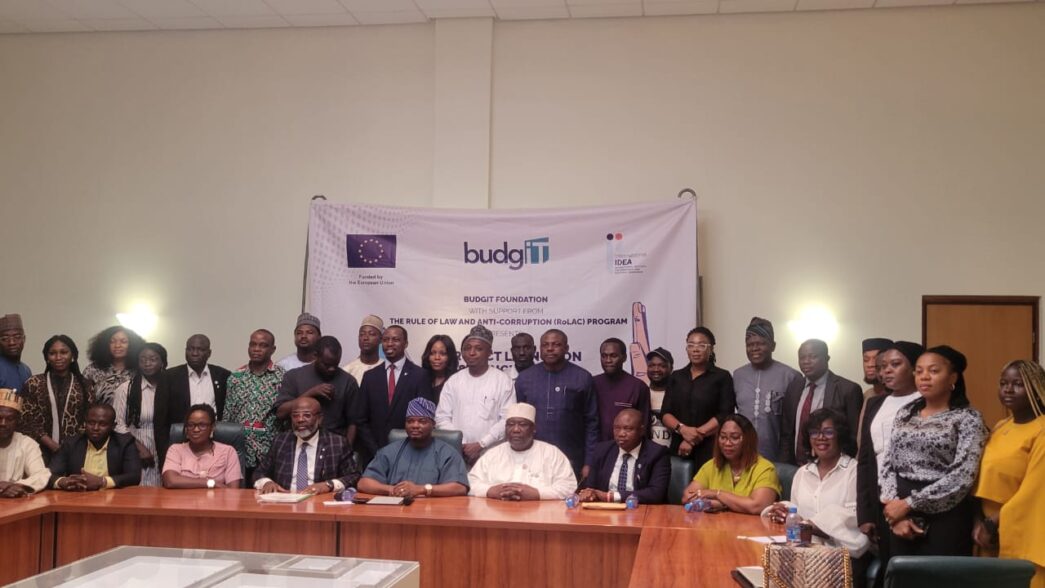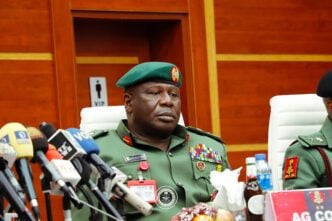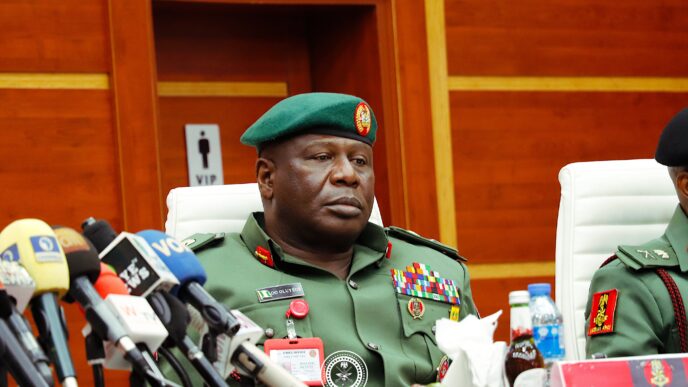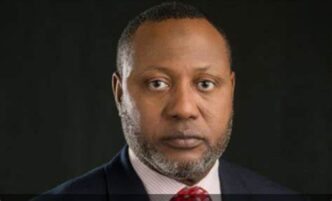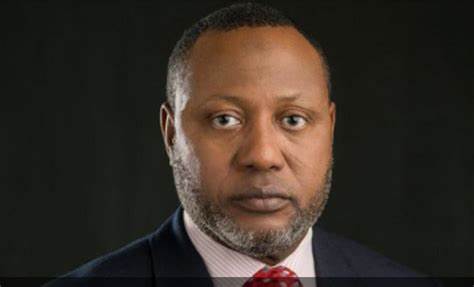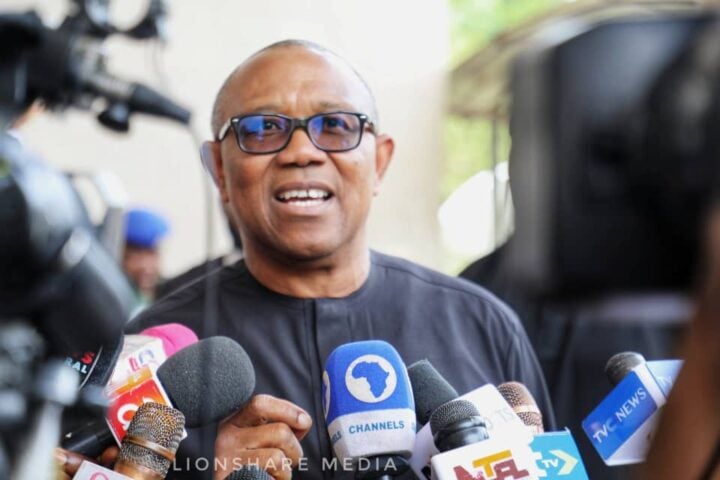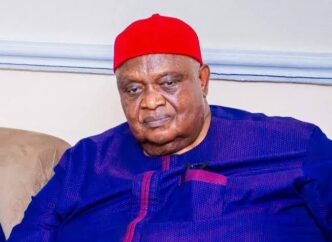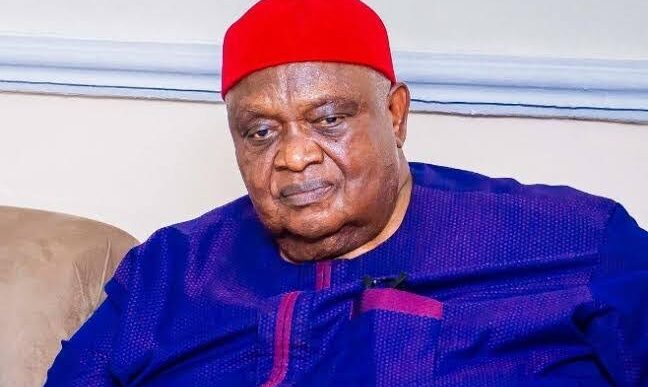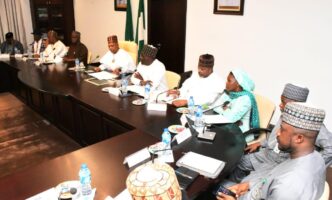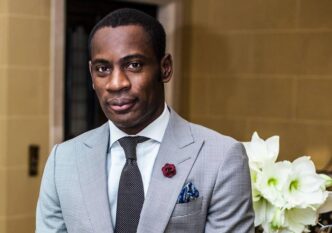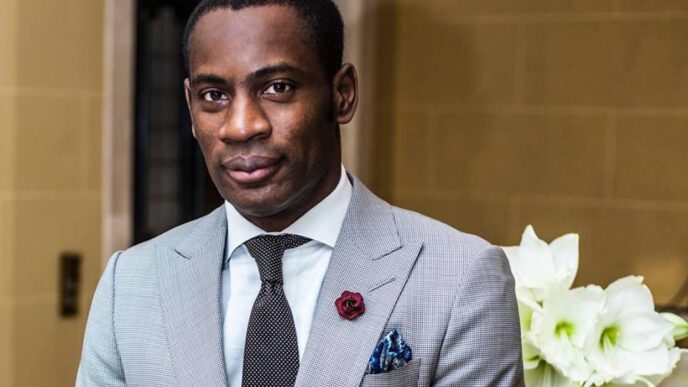BudgIT event on tackling corruption holds in Abuja
Gabriel Okeowo, chief executive officer of BudgIT, a civic tech non-profit organisation, says Nigeria must strengthen its institutional partnerships to combat corruption and improve public service delivery.
Okeowo spoke on Thursday during the launch of a project on ‘Strengthening Institutional Partnership for Anti-Corruption Campaign and Service Delivery’ in Abuja.
The event organised by the BudgIT Foundation was supported by the Rule of Law and Anti Corruption (RoLAC).
Other partners are the European Union (EU) and the International Institute for Democracy and Electoral Assistance.
Advertisement
Okeowo said the project, which focused on three states (Kano, Anambra and Adamawa), seeks to strengthen institutional partnership.
He added that the goal is to support the fight against corruption and ensure that the public and private sectors are accountable and transparent in their dealings.
“This is a field where we have played in for over the last 13 years and this project is just an opportunity for us to work directly with anti-corruption agencies at the federal, sub-national levels to be able to strengthen systems,” Okeowo said.
Advertisement
“But it’s not just enough for us to strengthen systems, we want to do that for the purpose of improving service delivery at the sub-national level. And ensure that corruption is prevented, corruption is reduced and corruption doesn’t even happen.
“Whatever we do, we do in the interest of Nigerians, for Nigerians, and to support the work the public sector is doing.
“Also, understand that our democracy is still young and it will require the efforts of all stakeholders, civil society organisations, media, citizens and government to advance democracy.”
The country director also said the project is for 24 months.
Advertisement
“Our expectation is that at the end of the project we will be able to see tangible, improved services to the Nigerian people in the state and in Nigeria in general,” he added.
“We are also going to be able to see a cordial relationship between the civil society organisation that we are and the corruption agency, working together for one goal, for one purpose, to reduce corruption in Nigeria and fight against corruption in Nigeria.”
Dasuki Arabi, director general of Bureau of Public Service Reforms (DPSR), lauded BudgIT for its commitment to deepening collaboration between non-state actors, enhancing citizen empowerment, conducting research and deployment of technology to engage civic participation.
“This collaboration is essential and indicative of the will to pull together networks, resources and expertise to tackle challenges posed by corruption as well as fostering a culture of ethical governance,” Arabi said.
Advertisement
“Corruption is a formidable impediment to social and economic process. It undermines privileges of fairness and justice, erodes public trust, and perpetuates poverty.
“Nigeria, like other nations, has grappled with the effects of corruption, and this culminated in efforts by successful administrations to face up to the challenge of redeeming the country’s image.”
Advertisement
Among stakeholders present were the Code of Conduct Bureau, Independent Corrupt Practices and Other Related Offences Commission (ICPC), Economic and Financial Crimes Commission (EFCC), and representatives of the three states.
Advertisement
Add a comment

